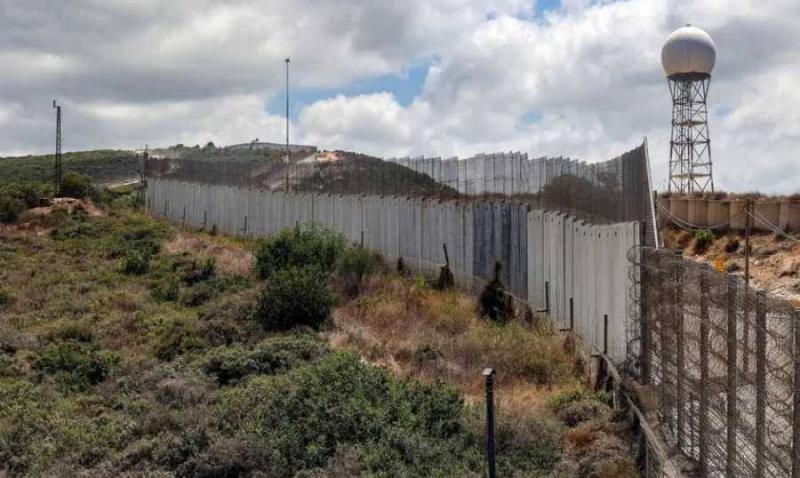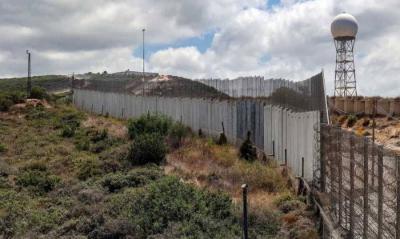Diplomats at the United Nations hinted at the existence of proposals to "expand the buffer zone" between Lebanon and Israel as a measure to halt the current escalation between Hezbollah and Israel, amid growing fears of miscalculations that could lead to a wider war in Gaza. These proposals and concerns were discussed during a closed session of the Security Council on Tuesday, where all 15 members listened to briefings from Joanna Wronecka, the UN Special Coordinator for Lebanon, and Jean-Pierre Lacroix, the Under-Secretary-General for Peace Operations, regarding the latest report from Secretary-General Antonio Guterres on ongoing efforts to implement Resolution 1701, despite the ongoing bombardments on both sides of the Blue Line and Israeli strikes deep into Lebanese territory, reaching the southern suburbs of Beirut and the Bekaa region.
According to one diplomat from one of the five permanent member states of the council, the session reflected a consensus on the concern over escalation along the Blue Line in recent weeks, as well as the need for full implementation of Resolution 1701, in addition to supporting UNIFIL's role in preventing further escalation. Another diplomat echoed this, expressing significant concern about the situation at the Lebanese-Israeli border due to ongoing tensions and bombardments, warning that any provocation could lead to escalation, which everyone should seek to avoid.
He hinted at communications some Security Council member states are conducting with Iran, as well as with both Israel and Lebanon, emphasizing the importance of UNIFIL taking a more effective role by conducting more patrols and being prepared to de-escalate in the event of further tensions. There is a search for ways to expand the buffer zone to protect Israel from attacks it faces from Lebanese territory, allowing the Lebanese Armed Forces to maintain security in the south, continuing the efforts they have been engaged in since 2006.
Guterres' fears, expressed during his report regarding the tense situation along the Blue Line amid ongoing violations of the ceasefire agreement and repeated exchanges of fire between Hezbollah and other non-state armed groups in Lebanon on one side and Israel on the other, pose a serious threat to the stability of Lebanon, Israel, and the region. He called for a political process to address the root causes of the conflict, starting with the full implementation of Resolution 1701. He urged both parties to make full use of UNIFIL's communication and coordination mechanisms. He reiterated serious concerns about the possession of unlicensed weapons outside state authority in the area between the Litani River and the Blue Line, naming Hezbollah and other non-state armed groups.
The conclusions received by diplomats at the UN regarding the closed session highlighted the need to address three main aspects of the current escalation along the Blue Line. First, there is a need to calm the security situation and stop provocations between Israel and Hezbollah, as well as other armed groups in southern Lebanon, allowing tens of thousands of displaced people from both the Israeli and Lebanese sides to return to their villages and towns. Achieving this requires enhancing the role played by the Lebanese Army alongside UNIFIL and providing the necessary support to this end. Representatives of the states acknowledged that this objective can only be reached through the activation of Lebanese state institutions, primarily the election of a new president and the formation of a new government capable of implementing financial and economic reforms, thereby restoring international institutions' trust, including the International Monetary Fund and the World Bank, in Lebanon, according to "Asharq Al-Awsat."




